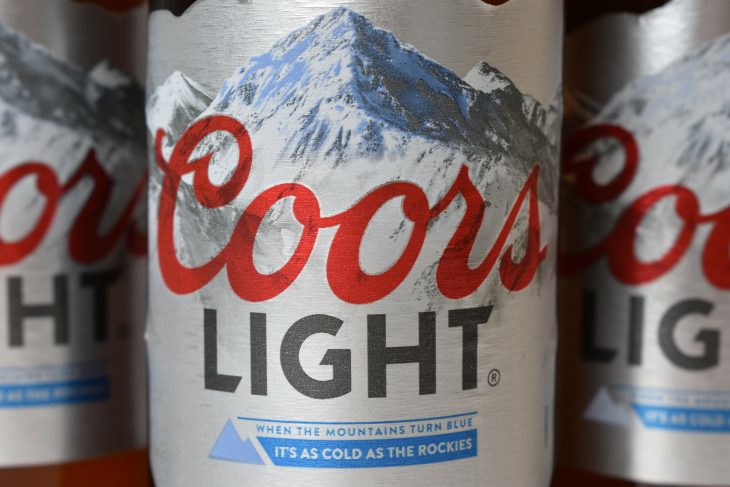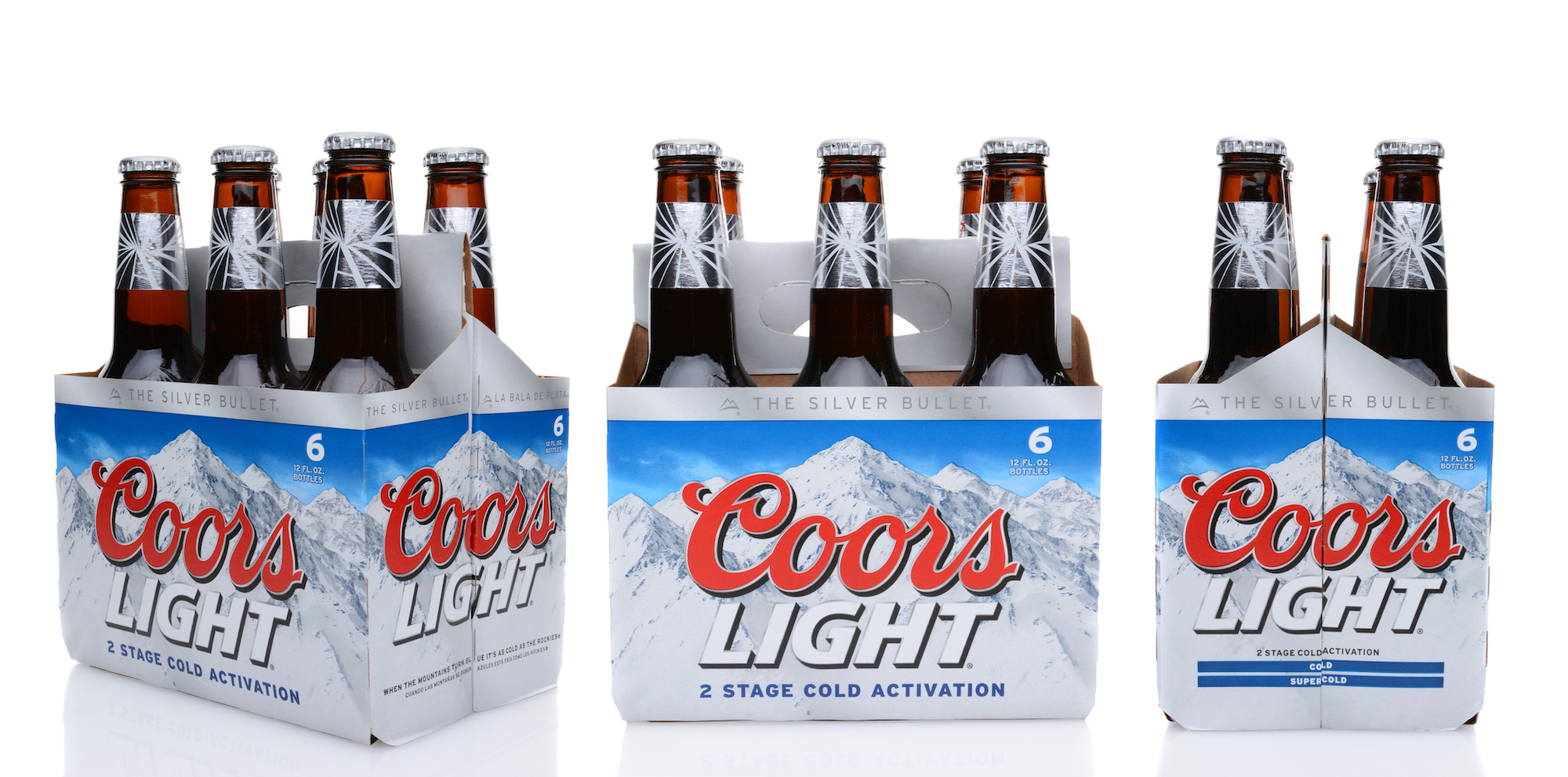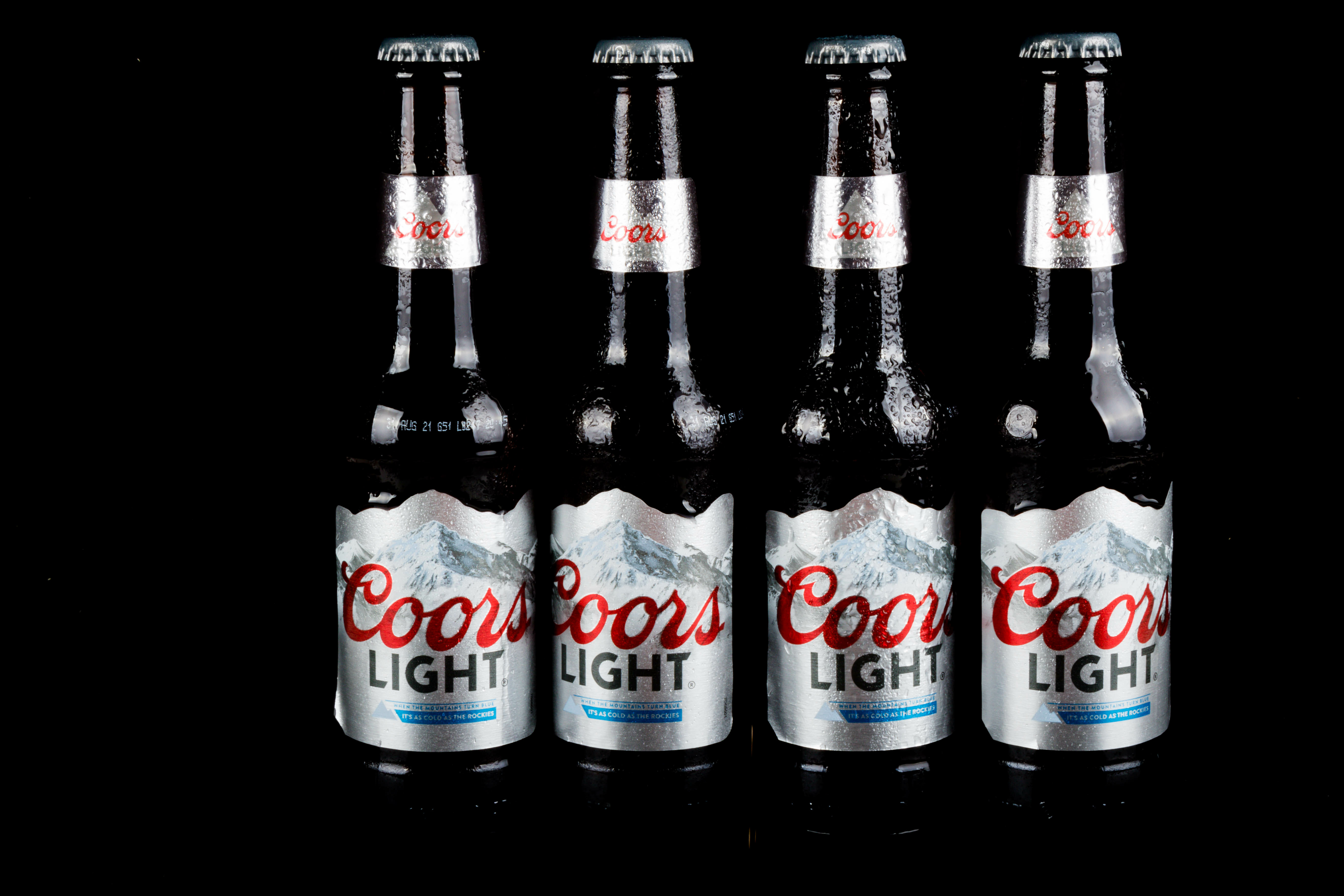
Everybody loves a good cold beer on an especially hot summer day, but have you ever wondered about what exactly goes into the ice-cold bottle of your favorite brew? Coors Light is always a great choice for those looking to enjoy a nice frosty beverage that won’t weigh them down. But let’s take it one step further – from calories and carbs to protein and beyond, let’s uncover 20 Coors Light nutrition facts that will shed light on this well-loved lager. So stick around as we explore the surprisingly “light” side of our favorite beer!
Caloric Content
A standard 12-ounce serving of Coors Light contains 102 calories, fewer than many traditional lagers, making it a lower-calorie choice for those watching their intake.
Alcohol By Volume (ABV)
Coors Light has an ABV of 4.2%, which is considered on the lighter side when compared to other beers. This lower alcohol content also contributes to its lower calorie count.
Carbohydrates
There are approximately 5 grams of carbs in each 12-ounce serving of Coors Light. This relatively low carb content is one reason why it is considered a ‘light’ beer.
Protein Content
Each serving of Coors Light contains approximately 0.7 grams of protein, which is minimal but typical for beers.
Fat Content
Good news for health-conscious beer lovers—Coors Light contains no fat.
Sodium
A 12-ounce serving of Coors Light contains around 16 milligrams of sodium. While this is a low amount, it’s worth keeping in mind if you’re watching your sodium intake.

No Fiber
Like most beers, Coors Light contains no dietary fiber.
Trace Minerals
Beer, including Coors Light, contains trace amounts of minerals like potassium and magnesium. However, these amounts are typically too small to contribute significantly to your daily recommended intake.
B Vitamins
As with many beers, Coors Light contains some B vitamins, such as folate and niacin, due to the brewing process.
The Importance of Moderation
Although Coors Light has a lower calorie and carb content than some beers, it’s crucial to remember the importance of drinking in moderation. The Dietary Guidelines for Americans recommends up to one drink per day for women and up to two drinks per day for men.
Light Beer ≠ Diet Drink
Although ‘light’ beers have fewer calories than regular beers, they are not diet drinks. It’s important to factor in their caloric content when planning your meals and snacks.
Gluten Content
Coors Light is brewed with barley malt, making it a source of gluten. If you have celiac disease or a sensitivity to gluten, you should avoid it.
Cholesterol Content
Coors Light contains no cholesterol, making it a suitable choice if you’re managing your cholesterol levels.

Sugar Content
While Coors Light doesn’t contain any added sugars, the brewing process involves fermenting sugars from barley malt, resulting in alcohol. Some residual sugars may remain, but the amount is generally quite low.
The Cold Certification Label
Coors Light is known for its ‘Cold Certified’ label, which turns the mountains on the label from white to blue when the beer has been chilled to the perfect drinking temperature. While this doesn’t affect the nutritional content, it’s a fun feature that ensures you’re enjoying your beer at its best.
Water Content
Beer is primarily made up of water, and Coors Light is no exception. Staying hydrated is important, but remember that the diuretic effect of alcohol can lead to dehydration if not consumed in moderation.
Size Matters
While we’ve based these nutritional facts on a 12-ounce serving of Coors Light, remember that the actual caloric and carb content will vary depending on the size of your pour.
Caffeine-Free
Unlike some beverages, beer does not contain any caffeine, and Coors Light is no exception.
Vegan-Friendly
Coors Light is considered vegan-friendly as it does not use any animal products or by-products in its brewing process.
Pairing Food with Coors Light
When pairing food with Coors Light, consider the beer’s light, crisp flavor. It goes well with poultry, salads, and light seafood dishes.
Conclusion
Coors Light is certainly an ideal beverage choice for those looking to quench their thirst without weighing them down. As we’ve explored, even if you’re counting calories and carbs or wanting to enjoy the light taste of cold beer on a warm day, Coors Light provides the perfect balance. From its low-calorie and carbohydrate content to its impressive protein levels – not to mention other key minerals and nutrients – this classic lager is as healthy as it is delicious. So grab your next bottle (responsibly!) and cheers to an icy good time with several of the great benefits of choosing Coors Light!
Was this page helpful?
Our commitment to delivering trustworthy and engaging content is at the heart of what we do. Each fact on our site is contributed by real users like you, bringing a wealth of diverse insights and information. To ensure the highest standards of accuracy and reliability, our dedicated editors meticulously review each submission. This process guarantees that the facts we share are not only fascinating but also credible. Trust in our commitment to quality and authenticity as you explore and learn with us.


